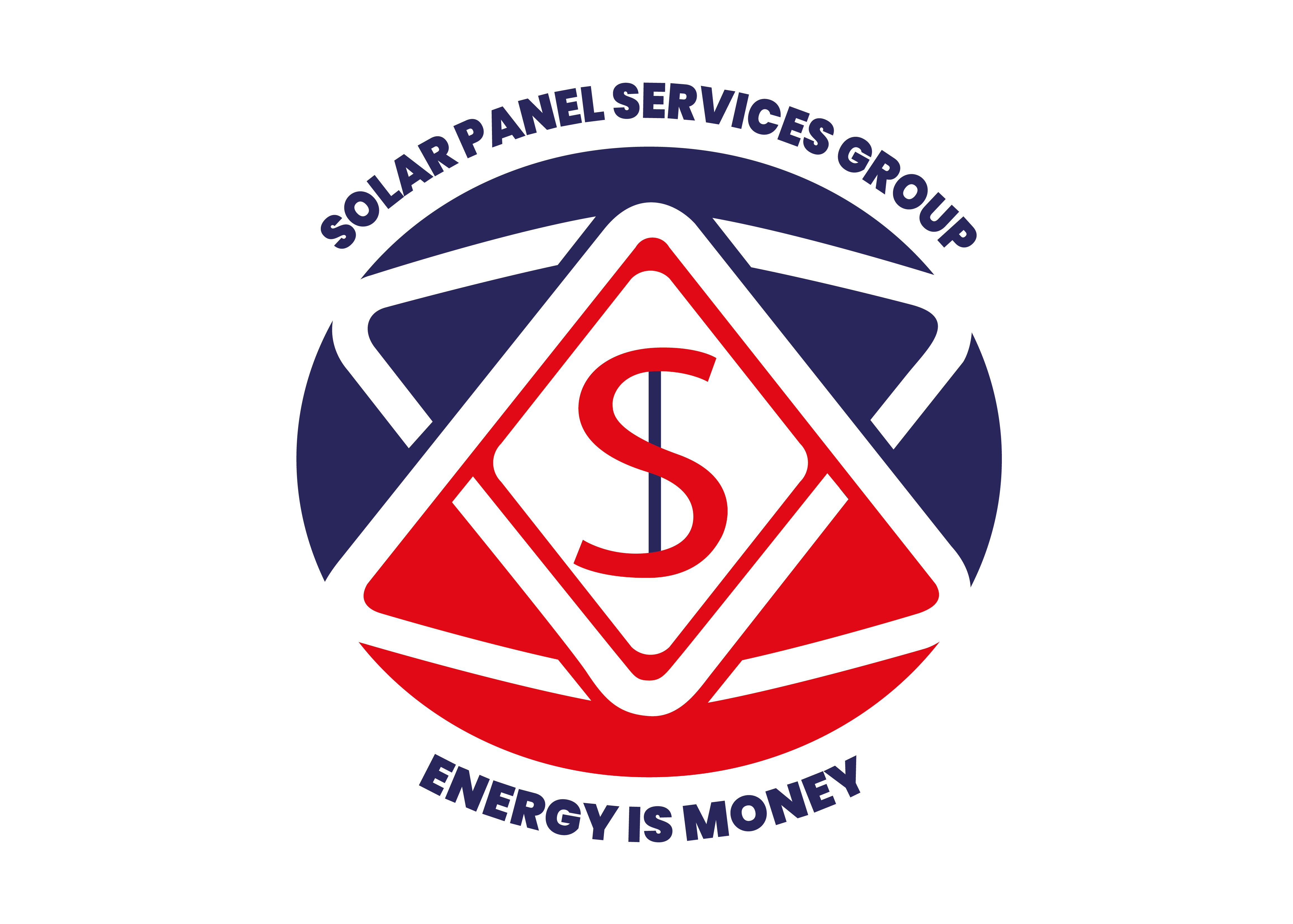FREQUENTLY ASKED QUESTIONS
Key Information: Frequently Asked Questions
What are the financial benefits of solar energy?
Installing solar panels at your home or business will drastically reduce or eliminate your electricity bill. Your actual cost savings will depend on your utility rate, solar system size, local solar rebates and incentives, and expected energy usage. Producing your own energy will also protect you from rising electricity prices in this volatile market.
What are the environmental benefits of solar energy?
In addition to being a smart investment, solar power also reduces harmful greenhouse gas emissions that pollute the air, leading to respiratory and cardiovascular health issues, and contributing to climate change. A typical residential solar system will reduce 3-4 tons of carbon annually, which is equivalent to planting 100 trees.
Will solar panels impact my property value?
According to Zillow, homes with solar panels sell for 4% more and 20% faster than homes without solar. Solar-equipped homes are in high demand as more homebuyers are becoming environmentally conscious while also wanting to save money.
How do solar panels work?
Solar photovoltaic (PV) panels absorb the sun’s energy during the day and use an inverter to convert the direct current (DC) energy into usable alternating current (AC) electricity. This electricity can then either be used instantly or sold back to the grid as part of virtual net metering credits, in which utilities credit the property owner towards their next electricity bill.
Can I go off-grid with my solar system?
Yes, with battery storage, it is possible to go completely off-grid with your solar system. However, depending on your electricity usage, this may be very expensive to match your energy demand with batteries.
Will my solar panels provide me with electricity during a blackout?
If your panels are connected to the grid, the solar system will shut off to protect emergency responders while fixing the grid. If you have a battery in your system (solar-plus-storage), you will receive emergency back-up power.
How much maintenance is involved with solar panels?
Solar panels require little maintenance and will last 25-30 years. A few cleanings per year will suffice to brush off any dirt, debris, or leaves that may impact your panels’ performance. If there are any defects, most solar manufacturers include equipment warranties to cover any malfunctions for the first 5-10 years.
What rebates or incentives are available for going solar?
The Federal Investment Tax Credit (ITC) is currently offering a generous 30% income tax credit towards the total cost of your solar system – including parts, installation, and fees. The ITC is available for those who own the solar system outright and are not leasing. b. Additional state and local incentives for solar will vary depending on where you live.
What are my financing options?
Financing a solar system has three main options: cash, solar loan, or lease/power purchase agreement (PPA). Buying your solar system with cash or a loan is recommended to maximize financial returns. A lease is ideal if you do not want any maintenance hassle while reducing your energy bills and helping the environment
Is my roof suitable for solar panels?
During our pre-inspection, we will check the life of your roof to recommend whether a roof replacement is needed prior to installing solar. The ideal roof for solar is facing the south with minimal or no shade and has the strength to bear the weight of the panels. The roof size will determine the maximum number of panels that can be installed to cover your electricity costs.
WHY CHOOSE US
We are Building a Sustainable Future
We believe in a future where renewable energy sources play a vital role in reducing carbon emissions and creating a sustainable planet.
